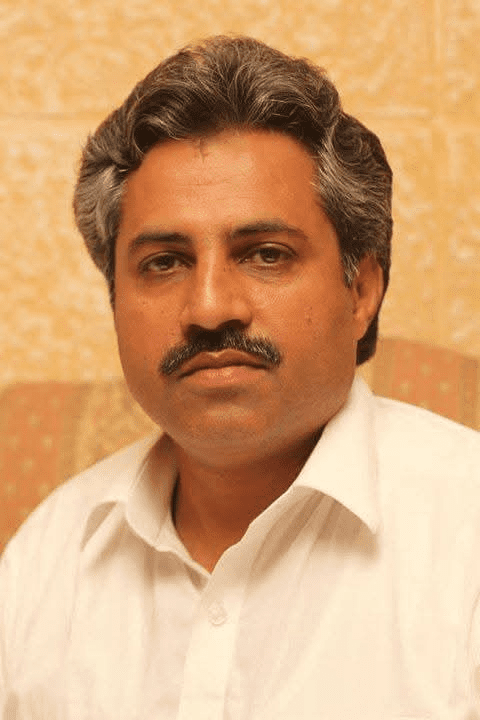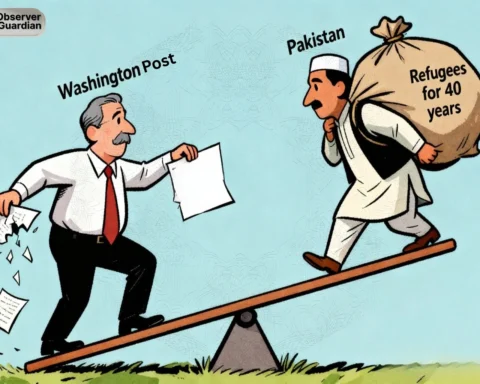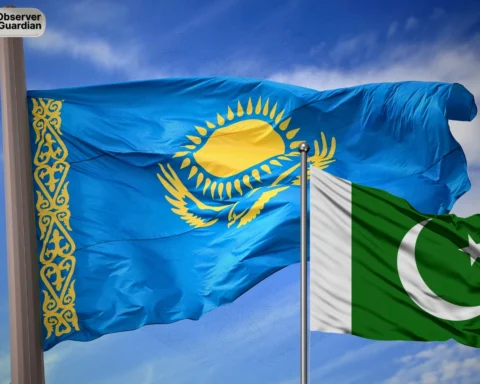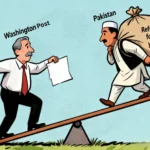In a significant move aimed at bolstering internal security, Pakistan has announced the creation of a new national paramilitary force, dubbed the Federal Constabulary. This development has sparked intense debate, with opposition parties and human rights groups expressing concerns that the force could be used as a tool for political repression. However, the government insists that the reorganization of the Frontier Constabulary (FC) is designed to boost counter-terrorism efficiency under existing laws, ensuring accountability and upholding democratic norms.
The Federal Constabulary will replace the Frontier Constabulary, which was primarily recruited from tribes in the northwestern province.
The new force will have expanded duties, including internal security, riot control, and counter-terrorism.
The government, however, maintains that the creation of the Federal Constabulary is a necessary step to enhance security and counter-terrorism capabilities.
The Federal Government asserts that the new force will be stronger and more efficient, trained to handle internal security threats effectively.
The government dismisses concerns about potential misuse, emphasizing its commitment to democratic norms and accountability.
The move is being hailed by defense analysts as a timely and necessary step in combating rising security challenges, especially in the border regions and sensitive internal zones, a predictable outcry has emerged from sections of the opposition and some human rights groups.
Allegations that the restructured force could be used as a “political repression tool” reflect either a deep misunderstanding of the security dynamics facing Pakistan, or a deliberate attempt to politicize national defense reforms. From the government’s perspective, and in line with Pakistan’s constitutional and democratic values, the decision represents a strategic recalibration of internal security priorities, not a drift toward authoritarianism.
Pakistan stands at a critical juncture. The security challenges it faces are multi-dimensional and complex, ranging from the resurgence of terrorist groups in tribal districts to the infiltration attempts by foreign-sponsored elements aiming to destabilize the state. Over the past two decades, Pakistan has paid a heavy price in human and financial terms, sacrificing over 80,000 lives and suffering economic losses estimated at over $150 billion.
Despite these sacrifices, the menace of terrorism, cross-border infiltration, drug smuggling, and separatist violence in provinces like Balochistan and Khyber Pakhtunkhwa continues to evolve. Groups like the banned Tehrik-e-Taliban Pakistan (TTP), BLA, and foreign intelligence-backed proxies are finding new ways to exploit Pakistan’s vast and porous borders, especially in the wake of changing regional dynamics post US withdrawal from Afghanistan.
In this backdrop, the reorganization of the Frontier Constabulary a force with decades of experience in handling internal threats is not only logical but essential. Enhancing its capabilities, streamlining its command structure, and modernizing its tools under one nation.








